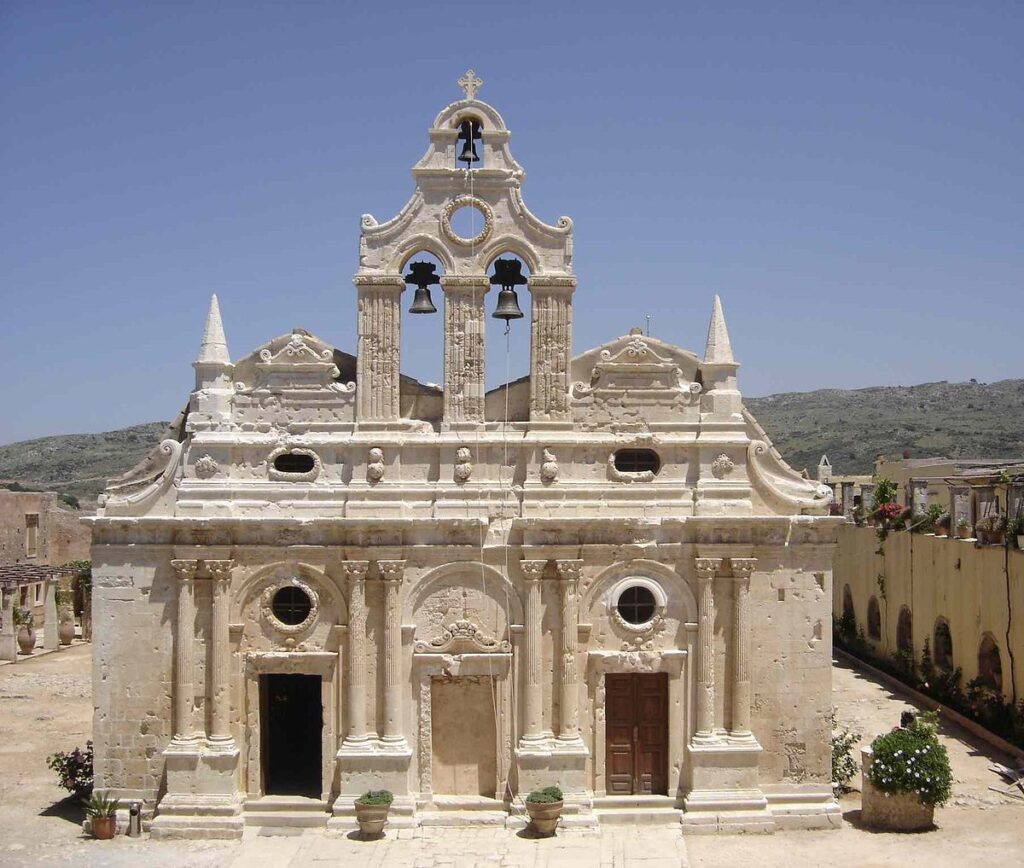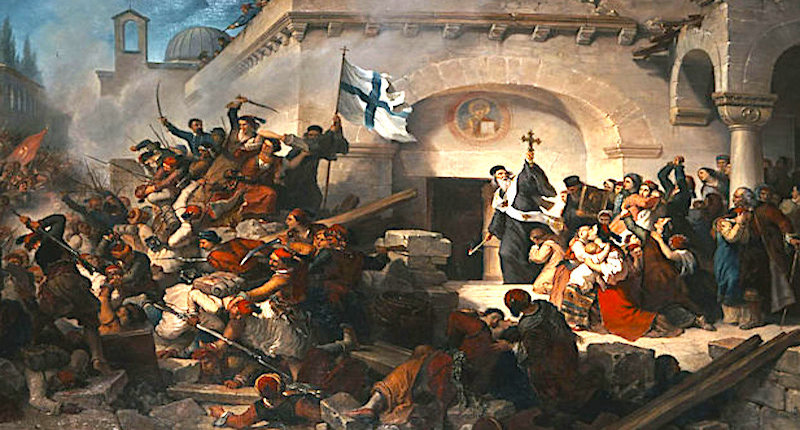The isle of Crete, despite its many attempts to free itself from under the rule of the Ottoman Empire, including during the Greek Revolution of 1821, was still under occupation in 1866. The strong desire of the local Christians to rejoin with the motherland was what sparked the flame of this resurgence. It may have been short-lived but it did manage to turn the eyes of almost the entire civilized Europe towards the island’s plight.
Written below are five of the most important facts you need to know about the Cretan revolt of 1866:

- It all began after a number of petitions towards the then-Sultan Abdulaziz by the citizens of Crete were ignored. This triggered them to taking up arms against their suppressors and forcing them towards the outskirts of the island.
- The Cretans set up their headquarters at the Monastery of Arkadi, which was set to become the location of their final stand as their conquerors began to gain ground and push them back.
- According to reports, over 700 women and children had taken refuge at the monastery.
- Just before the Ottoman army could break in, the abbot of Arkadi blew up all the gunpowder that was being stored in the vaults, thus putting an end to the lives of not just the rebels, but the innocents who were seeking asylum from the conflict as well.
- The Ottoman army that arrived at the island to put a stop to the insurrection numbered 15,000 while they also had with them over 30 cannons. On the other side, the Cretans were but a few thousand.
Sources: Greek Boston and Wikipedia.

